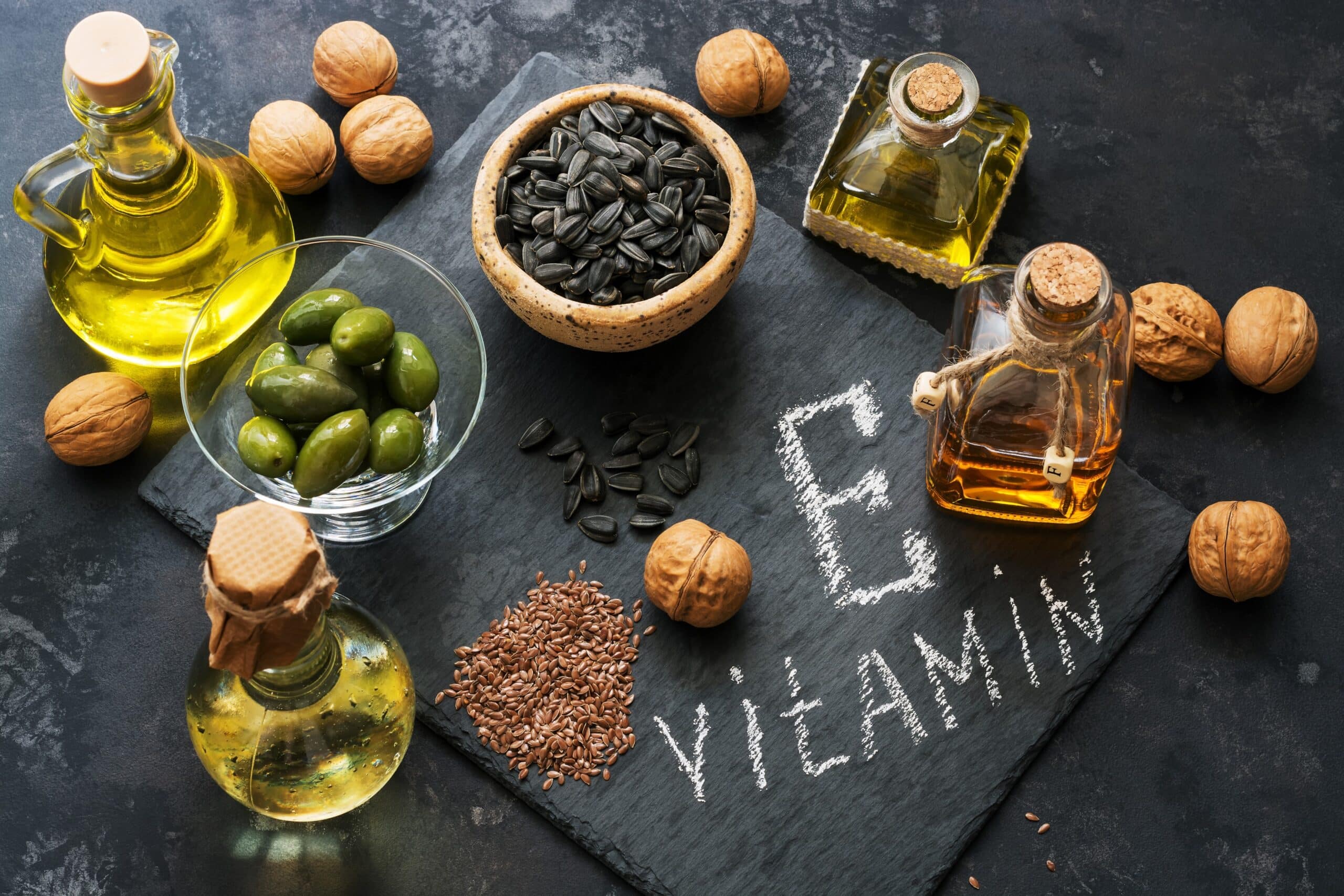Scientists from the Health Sciences Center of Texas Tech University conducted a randomized, double blind and placebo controlled study published in Osteoporosis International examining the effects of vitamin E in the form of tocotrienols on the density of bone formation of the skeleton..
“Skeletal muscle aging is associated with a progressive and dramatic loss of muscle mass and strength and slower or impaired regenerative capacity, resulting in muscle weakness, physical frailty and impaired mobility,” said Leslie Shen, Ph.D., a TTUHSC professor in the Department of Pathology. “Aging and decline of estrogen are factors that contribute to skeletal muscle disorders in elderly postmenopausal women, and approaches, such as anti-inflammatory potential in dietary antioxidants to reduce inflammation may likely combat skeletal muscle disorder.”
The study involved 89 postmenopausal women with weakness of bones who were divided into 3 groups: a placebo group, a low tocotrienol group with 430mg of 70% pure tocotrienol daily, and a high group getting 860 mg of 70% pure tocotrienol a day. Those in the tocotrienol supplement groups experienced decreased bone resorption and improved bone turnover rates at week 6, as seen in biomarkers. At the end of the study the scientists found that the number of markers defining weakening of the bones in the participants had decreased dramatically.
“This study showed that supplementation of tocotrienols, mainly delta-tocotrienols, suppressed bone [bone remodeling regulators]” the scientists write. “Such osteoprotective tocotrienol’s effect may be, in part, mediated by an inhibition of oxidative stress.”
According to the scientists fat soluble vitamin E not only helps to strengthen the skeleton but also helps to protect the brain from degradation, helps to protect the heart from damage to the walls and blood vessels, as well as increases functionality.
Vitamin E is a powerful antioxidant that is essential for overall health and well being, a deficiency can lead to impaired eyesight, muscle weakness, and being more prone to infections. Good choices for sources of vitamin E include flax seeds, nuts, seafood, salmon, trout, cod liver oil, abalone, avocado, eggs, mango, red sweet peppers, kiwi, blackberries, cranberries, olives, apricots, raspberries, squash, broccoli, asparagus, kale, Swiss chard, collards, and spinach.




